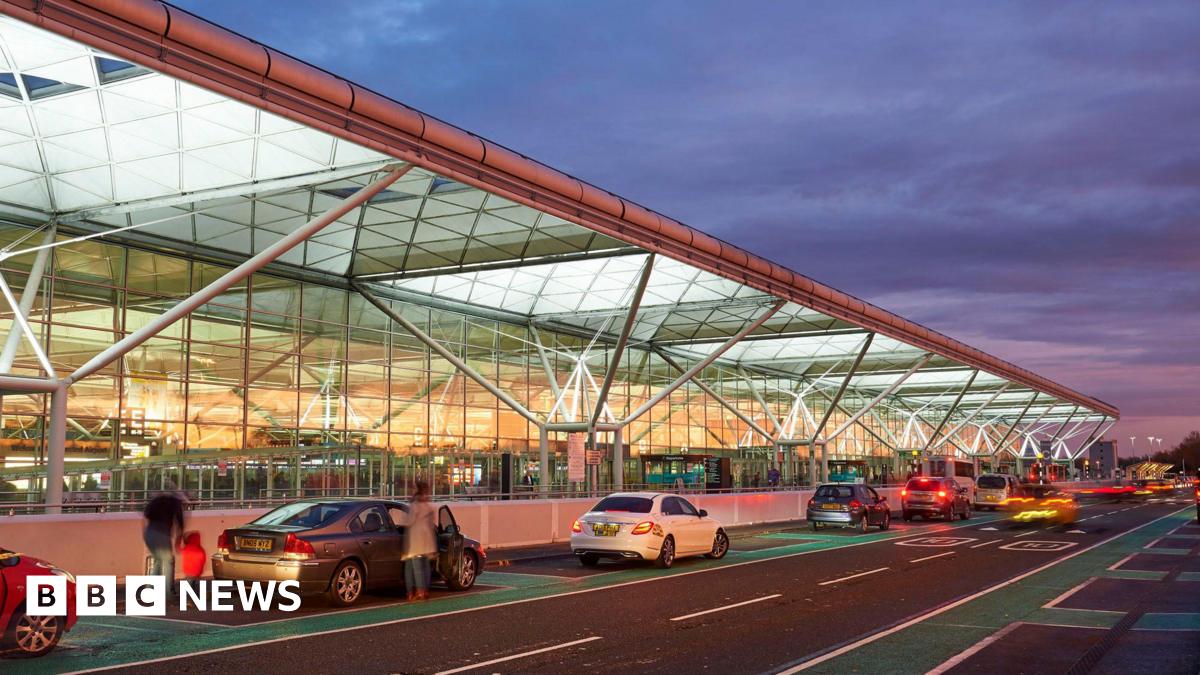Travel
Avanti West Coast Strikes Suspended Ahead of Christmas Travel: London and UK Rail Services See New Temporary Relief – Travel And Tour World

Friday, December 13, 2024
In a turn of events that could significantly ease holiday travel disruptions, the Rail, Maritime and Transport union (RMT) has suspended planned strike action by Avanti West Coast train managers. The suspension follows a revised offer from the company, which will now be voted on by union members in a referendum concluding on December 17, 2024. While this development temporarily alleviates concerns for travelers, the dispute remains unresolved, signaling ongoing challenges in the rail sector. Meanwhile, London transport fares are set to rise in March 2025, adding a layer of complexity to future travel planning.
Strike Suspension Brings Temporary Relief
Train managers at Avanti West Coast had initially planned to strike during critical travel dates around Christmas—December 22, 23, and 29—citing disputes over rest day working agreements. The suspension of strikes came after Avanti presented a revised offer addressing key issues. These include enhanced rest day working payments, discussions on new technology agreements, and the creation of a rest day working allocation agreement.
An RMT spokesperson acknowledged these improvements but emphasized that the union remains in dispute with Avanti. The outcome of the referendum will determine whether the strikes are fully called off or resume at a later date, leaving travelers in a state of uncertainty.
Travel Impacts During Peak Season
The suspension of strike action is particularly significant for travelers during the holiday season. Avanti West Coast operates key routes connecting London to major cities like Birmingham, Manchester, and Glasgow. Disruptions on these routes during the busy Christmas period could have caused widespread delays and cancellations, affecting thousands of passengers.
For the travel industry, the temporary resolution helps maintain service continuity during a critical time for tourism and business travel. However, the possibility of further disputes highlights the need for long-term solutions to labor issues in the rail sector.
Key Considerations for Travelers:
- Monitor Updates: Passengers should stay informed about the referendum results.
- Plan Alternatives: Be prepared for potential disruptions in case the dispute escalates again.
London Transport Fare Hikes Announced
In a separate development, London Underground and rail fares will increase by an average of 4.6% starting March 2, 2025. The fare hike, announced by Mayor Sadiq Khan, aligns with national rail fare adjustments and is part of an agreement to secure government funding for future transport projects. Bus and tram fares, however, will remain frozen at 2016 levels, offering some relief to commuters. Unlimited bus and tram journeys within an hour will continue to cost £1.75.
The fare increase will impact daily caps, which will rise by 40p to 70p depending on the zone. Single pay-as-you-go fares in Zone 1, for instance, will increase by 10p, moving from £2.80 to £2.90. Concessions for specific groups, such as students and seniors, will remain unchanged.
Mayor Khan emphasized that the additional revenue from fare hikes would be reinvested into Transport for London (TfL) projects, including the Superloop 2 bus initiative and upgrades to the Tube network.
Implications for the Travel Industry
Both the suspended rail strikes and the announced fare increases reflect the evolving dynamics of the UK’s transportation sector, with significant implications for the travel industry. For Avanti West Coast, the strike suspension provides a temporary reprieve, but unresolved labor disputes pose ongoing risks to service reliability. This uncertainty can deter travelers, particularly international visitors who rely on rail services for seamless connectivity across the UK.
Meanwhile, the London fare hikes could influence travel patterns, especially for tourists and daily commuters. While the freeze on bus and tram fares offers some stability, increases in Underground and rail fares might lead passengers to reconsider their modes of transportation.
Broader Industry Impacts:
- Service Reliability: Labor disputes highlight the importance of maintaining trust in public transport systems.
- Cost of Travel: Rising fares may affect affordability, particularly for budget-conscious travelers.
- Investment Opportunities: Revenue from fare increases could enhance infrastructure, improving the overall travel experience.
Global Effects on Travelers
The temporary resolution of the Avanti West Coast strike and London’s fare adjustments have implications for both domestic and international travelers. For visitors to the UK, reliable rail services are essential for accessing key cities and attractions. Disruptions could negatively impact tourism, especially during peak travel seasons like Christmas. Conversely, the avoidance of strikes this holiday season helps preserve the UK’s reputation as a well-connected travel destination.
Fare hikes in London, on the other hand, may influence international tourists’ budgets. Travelers planning to use the Underground extensively during their visits will need to account for increased transportation costs starting in March 2025. However, the reinvestment of funds into projects like Superloop 2 could eventually enhance connectivity and convenience for both residents and tourists.
Moving Forward: Long-Term Challenges and Opportunities
The rail strike suspension underscores the need for sustainable solutions to labor disputes in the transport sector. Collaborative agreements between unions and operators are crucial to minimizing disruptions and ensuring reliable service. For the London transport system, the challenge lies in balancing affordability with the need for continued investment in infrastructure.
Key strategies for addressing these challenges include:
- Proactive Negotiations: Strengthening dialogue between unions and operators to prevent future strikes.
- Targeted Investments: Prioritizing projects that enhance efficiency and accessibility for all travelers.
- Transparent Communication: Keeping passengers informed about fare changes and service updates.
By addressing these issues, the UK’s transport sector can build resilience and maintain its role as a cornerstone of the travel industry.
The suspension of Avanti West Coast train strikes and the announcement of London transport fare hikes represent pivotal moments for the UK’s travel landscape. While the temporary resolution of labor disputes ensures smoother journeys during the holiday season, the potential for further disruptions looms. At the same time, fare increases highlight the financial pressures faced by public transport systems and their reliance on continued investment.
For the travel industry, these developments underscore the importance of reliability, affordability, and innovation in shaping passenger experiences. As travelers navigate these changes, the UK’s transport sector must strike a balance between meeting immediate needs and investing in a sustainable future.











